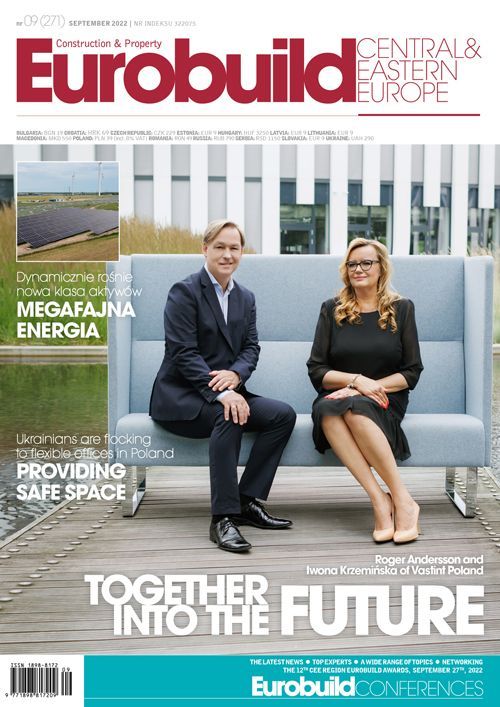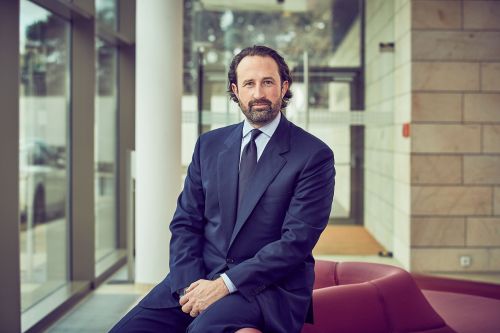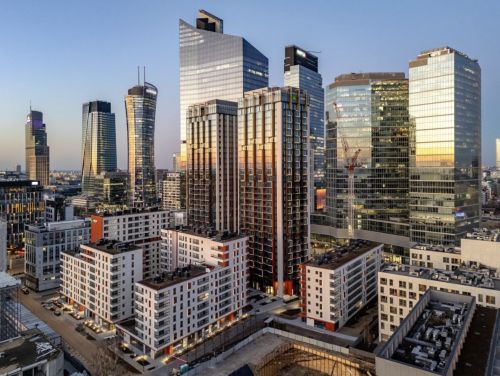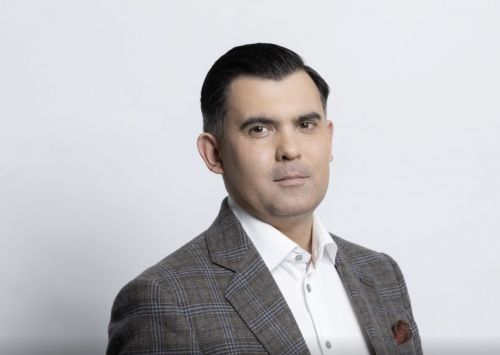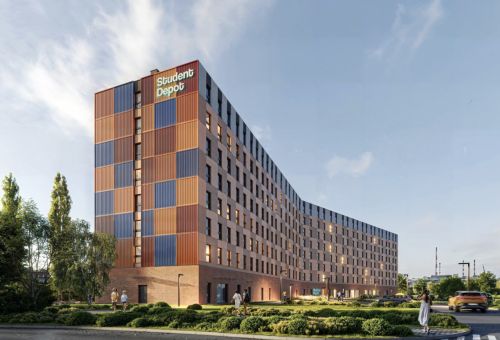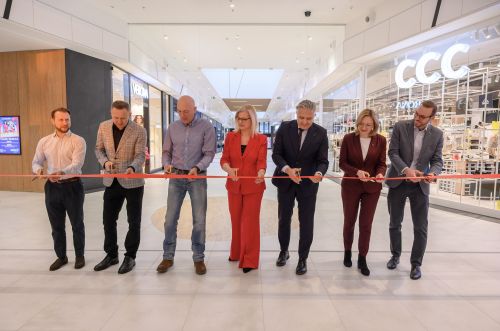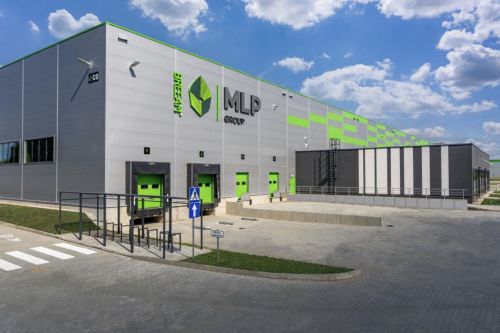‘Eurobuild CEE’: The office market in recent years has undergone an accelerated transformation due to various disruptions – the pandemic, the war in Ukraine and the so-called “great resignation”. Has it been able to meet all these challenges?
Marek Stasieńko, the leasing director of Skanska’s commercial business unit in Poland: The pandemic and the war, along with their consequences, have challenged the status quo in virtually every aspect of our lives. The office market is still adapting to these changes. It’s a process that’s still ongoing and will continue, due to the dynamic changes taking place. From the tenants’ perspective, the pandemic has changed a great deal at the operational level – it has shown that work that was previously done only in the office can in many cases be done just as well at home. Therefore, having achieved relative stability, companies are trying to create a new work environment that will help emp


























